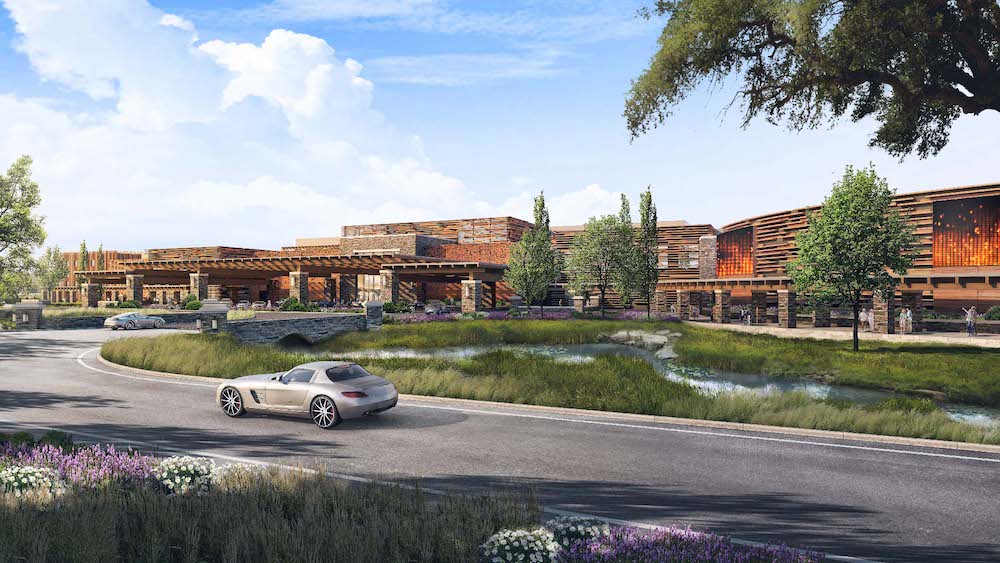
- Details
- By Chez Oxendine
- Gaming
New legal filings brought by local government officials have deepened the dispute over the proposed Koi Nation Shiloh Resort & Casino, a project that would transform a 68-acre site near Windsor in Sonoma County into a resort and Class III gaming facility.
The project, spearheaded by the federally recognized Koi Nation of Northern California, would include a hotel with 400 rooms, several dining establishments, meeting facilities, a spa and other hospitality amenities. The development is part of the tribe’s efforts to re-establish its land base under federal trust, an initiative that the tribe says will promote economic self-sufficiency while affirming its sovereign rights.
Three tribal nations have sued over the project, citing environmental concerns and questions about the tribe's historical connection to the Windsor-area site. The Federated Indians of Graton Rancheria also filed suit against the casino project, as did the state of California in a May lawsuit.
Sonoma County Supervisor Lynda Hopkins and Windsor Town Manager Jon Davis have now filed statements opposing the Koi Nation project. Like previous tribal complaints, the pair’s respective legal actions assert that the final environmental impact statement failed to adequately assess the ecological consequences of the planned project. Both statements were made in support of the Graton Rancheria’s suit.
“The County’s voluminous comments include numerous objections from County engineers, planners, hydrogeologists, biologists and planners that should have given the Bureau of Indian Affairs – or really, any reasonable person – pause before approving the project that is at issue in this litigation,” Hopkins wrote in her statement. “The project is in an area of the County that does not allow commercial development, and that has been subject to devastating wildfires.”
According to the documents, the review allegedly overlooked critical considerations regarding impacts on the region’s fragile ecosystem, including potential effects on local water resources.
The filings request that the courts reexamine both the environmental review and the process through which the Interior Department approved the tribe’s land-into-trust application. The two officials stressed that a more comprehensive evaluation is needed to ensure that public and environmental interests are properly safeguarded.
“The final environmental impact statement is inadequate,” Davis wrote. “It is of vital public importance that these issues be adjudicated.”
Koi Nation has been strident in its defense of the project, per prior Tribal Business News reporting. In March, the tribe filed a motion to dismiss the case between Graton Rancheria and Interior, which the plaintiffs protested. The Koi Nation cited precedent established in a case last year involving private entertainment company Maverick Gaming’s bid to end tribal gaming exclusivity in Washington.
In that case, the Shoalwater Bay Indian Tribe was allowed to intervene between Maverick Gaming and Interior, ultimately leading to dismissal due to tribal sovereignty in both district court and the Ninth Circuit Court of Appeals.
“Controlling precedent authorizes Indian tribes like the Koi Nation … to intervene and dismiss actions that affect their existing property rights,” Koi Nation attorneys wrote. “[Graton Rancheria] anticipates losing at least before this court and any three-judge panel on appeal. As it should.”
No ruling has yet been issued on the latest filings, and new court dates have not been set. The Koi Nation’s approval was issued earlier this year amid a flurry of such approvals by the Biden administration, each involving tribes buying off-reservation land, seeking to take that land into trust, and then building new casinos.
One such approval involved the Scotts Valley Band of Pomo Indians’ Vallejo project, which has now had its approval temporarily rescinded for review by Interior.
